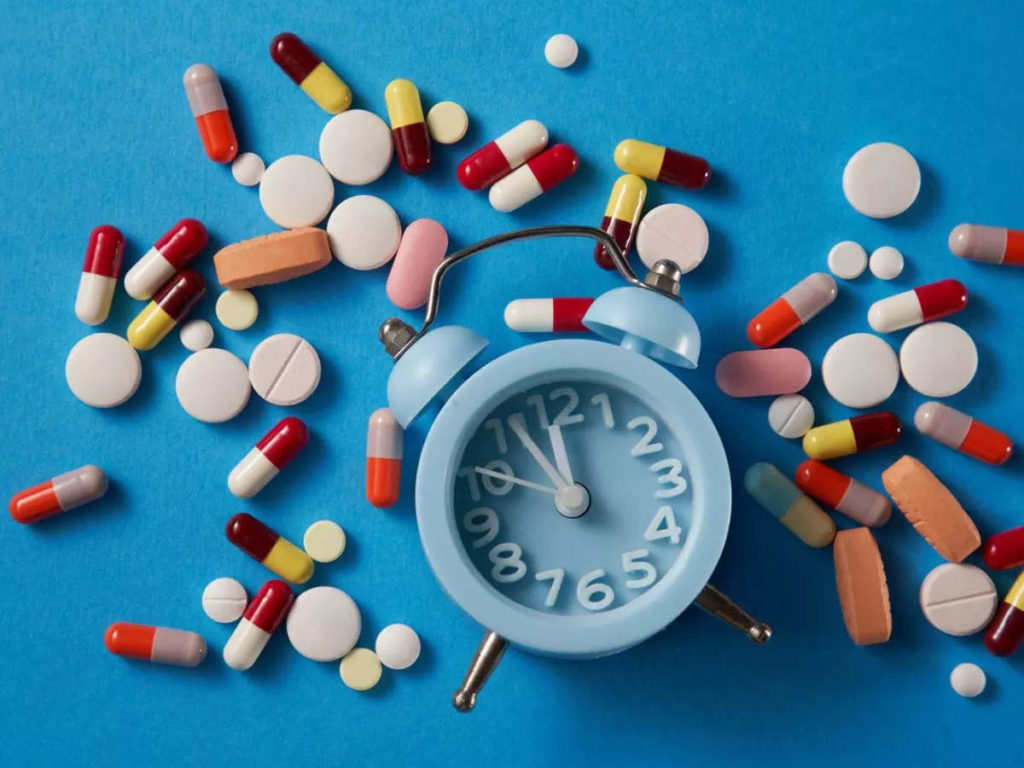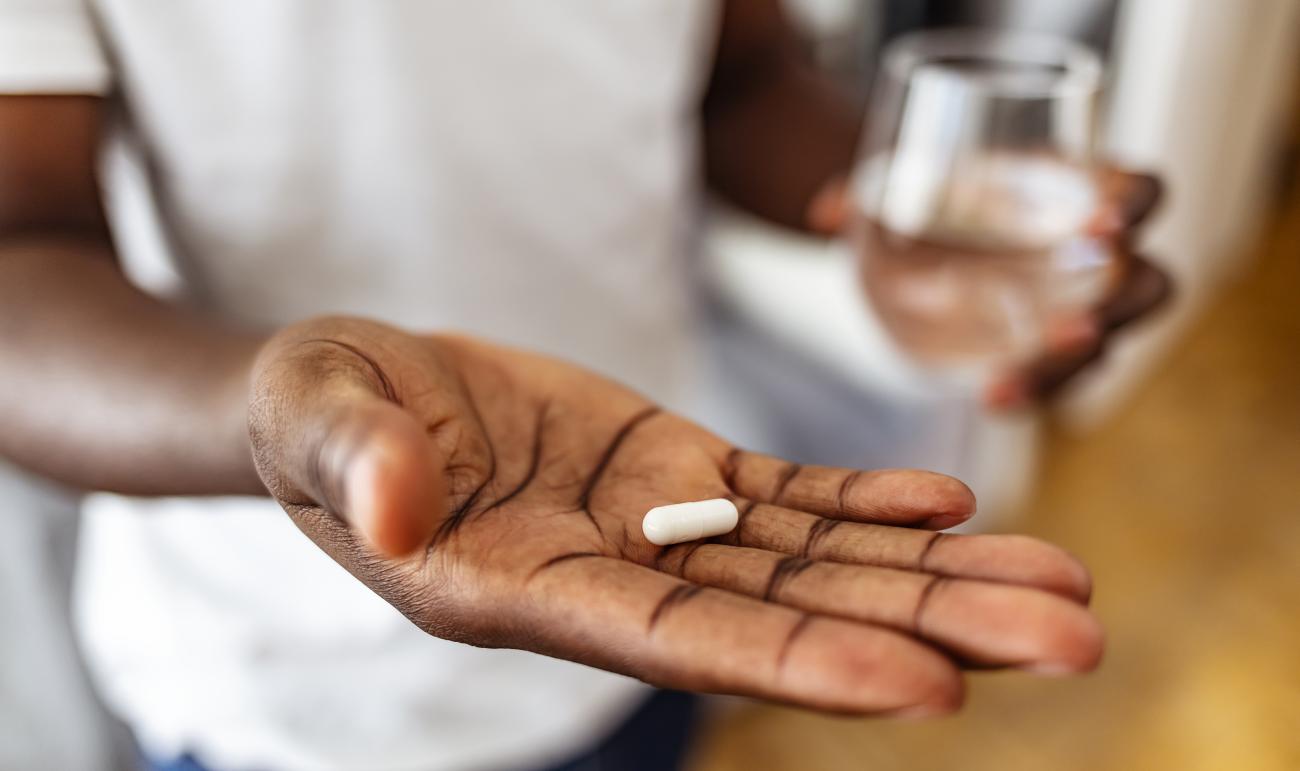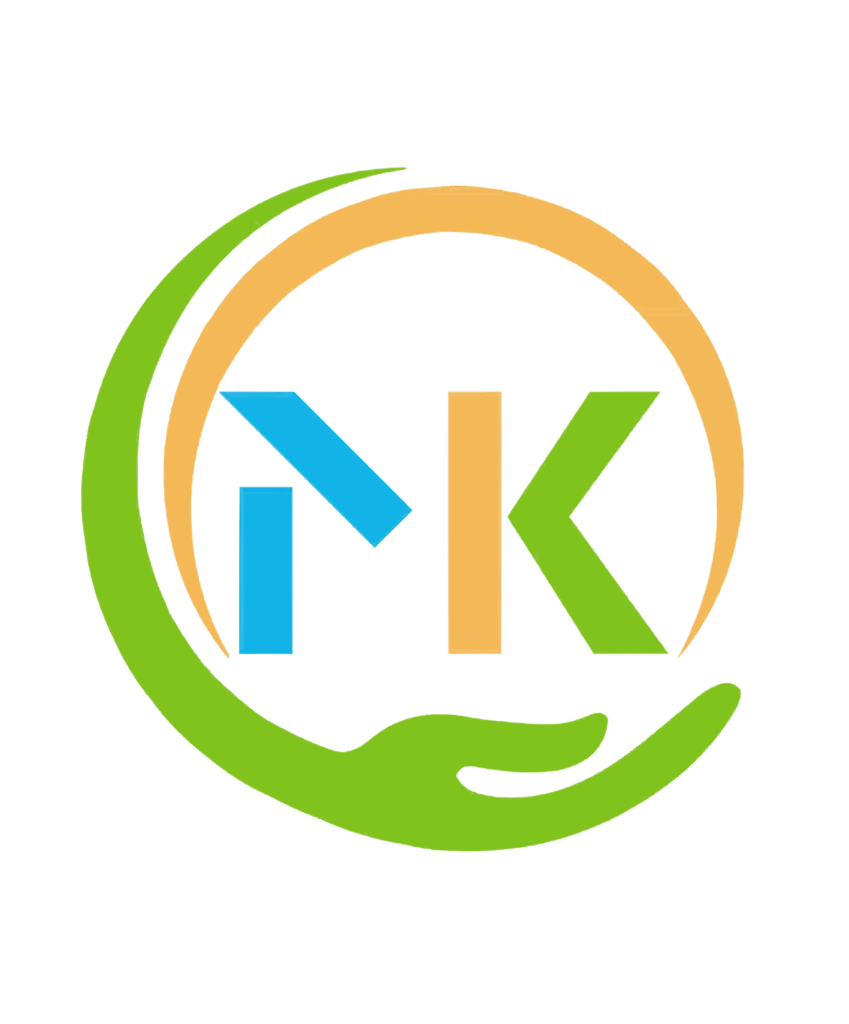It is easy for mistakes and errors to occur during the process of prescribing, dispensing, administering and taking different pills and medicines. This guide aims to help you understand how you can minimise the risks and increase medication safety for you and yours.
MEDICATION ERRORS ARE COMMON
Experts have shown that medication errors are common. A recent study found that around 237 million medication errors occur at some point in the medication process in England every year.
Fortunately most of these errors (72%) cause minimal harm to patients and only a very small proportion (2%) cause severe harm. Nevertheless, that means that around one quarter of medication errors cause moderate harm, potentially leading to emergency hospital care. Errors can happen in any setting including at home, in the GP surgery, in hospital or in residential care. The frequency of errors does vary across settings. Although error rates are lowest in primary care, it deals with so much medication that it is responsible for 38.4% of all errors. By contrast, care homes deal with much fewer patients but have much higher error rates per patient resulting in a high proportion of all errors (41.7%). 19.9% of errors relate to hospital care.
Administration related errors include:
- Giving medication to the wrong patient
- Giving the wrong medicine
- Giving the wrong dose
- Giving medicine the wrong way
- Failing to give the medicine at the right time or not at all
- Giving medicine to someone who is likely to be allergic or hypersensitive to it
Mistakes can also occur at any stage although they are most likely to occur when a drug is prescribed (21.3%) or given/taken by a patient (54.4%) Prescription errors include:

HIGH RISK MEDICATIONS
Some medicines are especially dangerous if they are misused or used in error. Common medicines on the “high risk” list include:
- Warfarin and other anticoagulants
- Blood pressure lowering medicines
- Antiplatelet medicines including clopidogrel and common painkillers such as ibuprofen or diclofenac
- Paracetamol
- Medicines used to treat diabetes
- Some antibiotics
- Anticholinergic medicines in elderly and frail patients
- Morphine and other opioid based medicines
- Benzodiazepines such as temazepam or diazepam
- Lithium
- Clozapine





